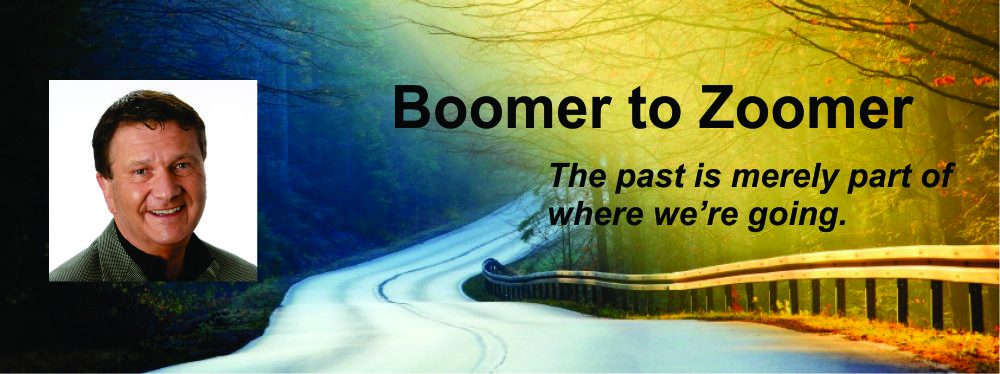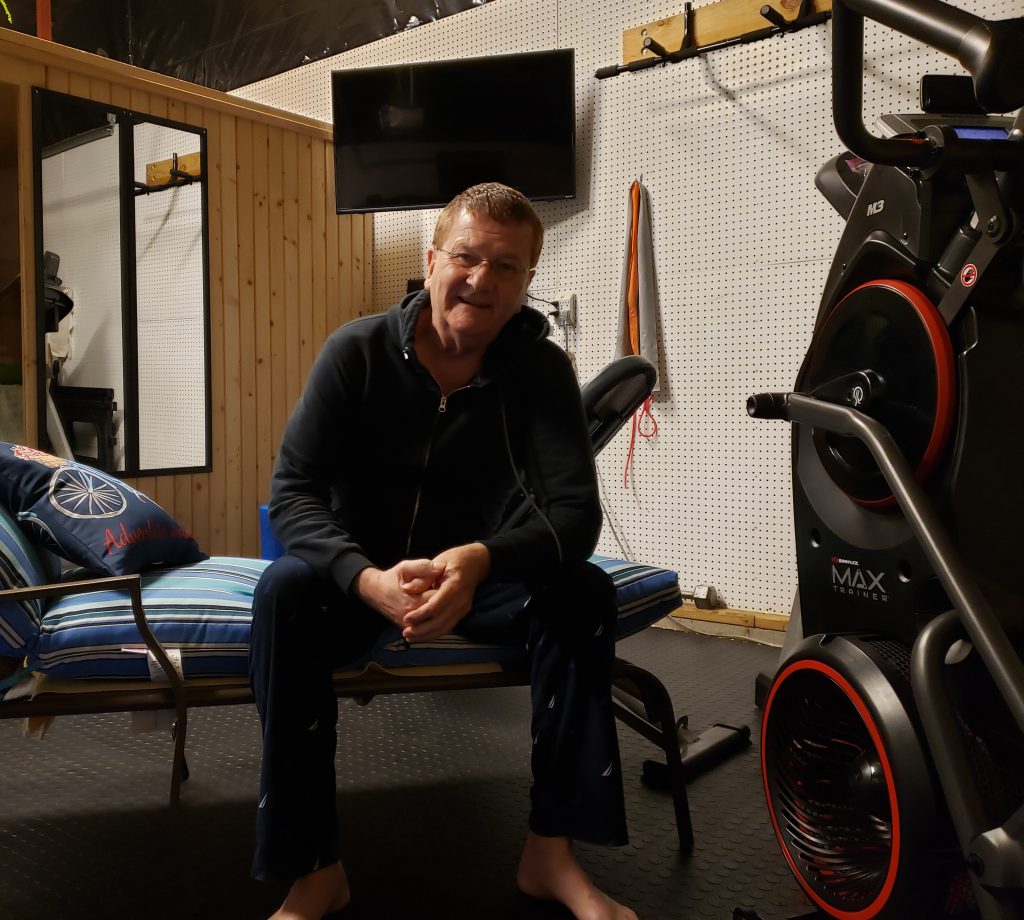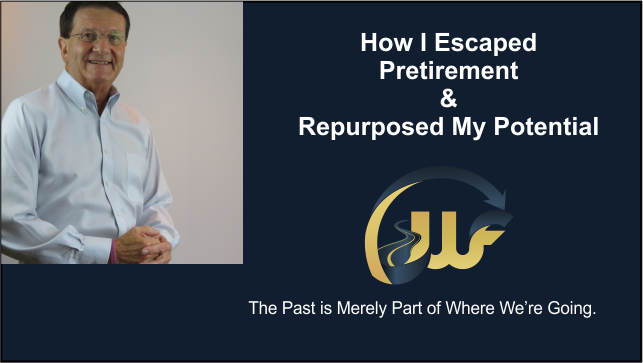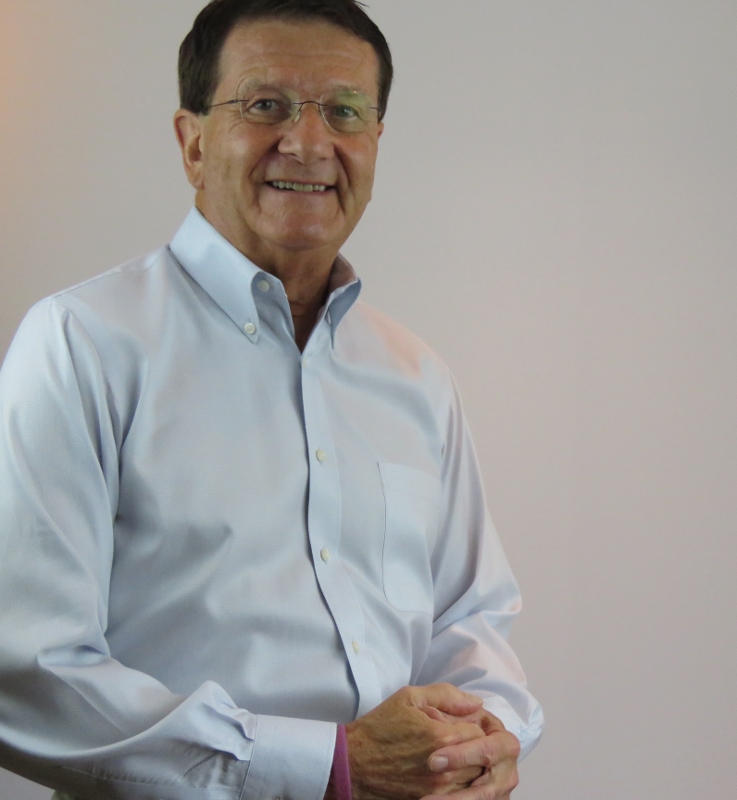Recently, I needed a break. I had completed cancer treatment and a reward was warranted. I just wanted to quickly travel to some sunny place and have someone else fix my meals and say please and thank you. Mostly, I wanted to remain totally anonymous, just see and not be seen. Here are five steps to make travel for seniors more enjoyable.

Senior Fast Get-Away Tips
Plan Ahead.
When planning your trip, it’s important to research your destination and accommodations to ensure they are senior-friendly. Consider factors like accessibility, transportation options, and proximity to medical facilities. If you have specific needs, like wheelchair accessibility or medical equipment, make arrangements ahead of time to ensure they are available when you arrive.
I wanted easy transportation and attractive accommodation. Originally, I thought the idea of a short cruise might be a good option. The disadvantage was the nearest port with a cruise that would work was a plane ride away. If I was going to take a flight, I wanted to arrive and be feet up within two hours. Not waiting for afternoon check-in and living out of a carry-on.
With an early flight, it made sense to start with prepaying the enclosed long-term parking at the airport. It is so easy to enter and exit with a QR code on the mobile receipt.
Arriving early at the airport is essential to starting a trip feeling the least stressed. In fact, I make it a habit of signing off nearly all responsibilities a day earlier than my flight so I can take a breath and focus on enjoying a few days without responsibilities. It’s cheaper to chill at home and pack thoughtfully. For that reason, I flew out on Sunday morning early.
The destination I wanted needed to be close to the arrival airport. I was not interested in a long van ride with other guests and sweltering heat. I decided that all-inclusive resorts don’t work for me. As an abstainer, it’s never a bargain. I just wanted it to have a pool, decent restaurants on the property, easy walking to entertainment as necessary, and enough sights and sounds to keep my attention in the here-and-now moment.
Pack smart.
Packing light and using luggage with wheels can make navigating airports and other destinations much easier. Consider packing versatile clothing that can be mixed and matched and bring any necessary medications or documents in your carry-on bag. Start with investing in a good travel bag or suitcase that is easy to maneuver, light, and fits your needs.
I amazed myself at how few things I really need for four days away. The biggest liquid turned out to be shaving cream, which I never got around to using. Changes in undergarments, replacement bottom & top in case of spills, and lighter shoes occupied very little carry-on space. No need for anything larger. Adding some outer clothing for unexpected weather conditions to the outside pocket gives fast wardrobe changes as needed.
I discovered a decent hack at the airport when checking in. Airline attendants nearly always offer no fee for checking your carry-on as baggage if checked at the gate. Interestingly, it costs no extra. Normally, checked baggage exceeds $30 for each checked item. You simply leave your carry-on at the plane door for white-glove pick-up. As I discovered, last-on luggage is first-off luggage. By the time I got to the luggage carousel, my bag was already waiting for me. I loved not having to horst the bag into the overhead bin and down again in a crowd of passengers.
Navigating airports with ease.
Many airports offer wheelchair assistance, pre-boarding, and TSA PreCheck for seniors. Take advantage of these services to make the airport experience less stressful. Additionally, consider bringing an extra pair of comfortable shoes for long walks through the airport.
Arriving two hours before your flight is just good thinking when you know the airport is not your friend. Every airport TSA checkpoint can be different. Shoes off, and laptops out, can be ignored in one place and strictly adhered to in another. Just expect slow-moving lines, and you keeping a watch for the next bathroom, and I suspect you won’t be disappointed.
Choose senior-friendly destinations.
When choosing a destination, look for places that offer easy accessibility, like flat terrain, ramps, and elevators. Consider visiting senior-friendly attractions like museums, botanical gardens, or theaters. Many cities and tourist destinations also offer senior discounts or special packages, so be sure to research these options before you book your trip.
Destination and accommodations are important to me. Creature comforts like room temperature, lots of pillows and towels, and a fridge are essential. I like black-out curtains to facilitate daytime sleep. I love an afternoon nap of one to two hours for no reason whatsoever.
And don’t ask me to wait long for a morning coffee. Wherever I travel, quick access to java is keen on my list of amenities. Room coffee and “Breakfast Included” black lightning leave much to the imagination.
There are places of activity that allow the introvert in me to flourish. Like sitting on the porch and watching the world go by, entertaining with no interaction. Kind of like moving the home screen to room-size and interactive.
I have done theme parks with kids and famous landscapes across the US and Canada. Crowds and long lines leave me exhausted and cranxious, that’s a cross between being cranky and anxious simultaneously. It’s age-related. Like having a hot flash in a soaring 90-degree sun blast and someone asks you to make one more decision.
Stay active.
While traveling, it’s important to stay active to maintain mobility and enjoy the trip to the fullest. Take walks around the destination, do light exercises in your hotel room, or sign up for a senior-friendly exercise class. Staying active can also help alleviate the symptoms of jet lag and keep you energized throughout your trip.
I enjoy being outside, so walks that include nature experiences are calming effects for a quick get-me-out-of-here escape. I like short lines at unusual restaurants and some fun shopping experiences to answer what should I do next. And I especially enjoy a relaxing walk back to the hotel after a grotesquely extravagant meal of multiple flavors where I taste test just to experience the spices and textures.
Staying active also means staying cognizant of stamina and strength. Although I pride myself in regular exercise and flex stretching, trying decades-old moves without warming up can lead to disastrous muscle pain. The lesson here is if you have not gone horseback riding, surfing, or bowling in a long-long time, don’t be surprised the next day when you go to sit down and wonder how that pain happened.
Put it all together.
So, after researching and enjoying the four-day inaugural trip following two years of cabin fever, this is my report. I booked through Expedia to use air miles covering the entire flight and accommodation costs.
Less than a one-and-a-half-hour flight took me to Orlando. Universal’s Cabana Bay Beach Resort is a short rideshare from the airport. Asking nicely at the check-in yielded immediate room access. Within two hours of landing, I was in a darkened room, meditating to freshen my mind for three full days of wonderment.
This hotel is not on the Universal grounds, yet there is a center of activity near one entrance, including great restaurants and shops. There is an easy-level 20–30-minute walk from the hotel through manicured paths overflowing with myriad plants and flowers to reach the fun activities and live cable TV show.
The hotel boasts famous cars from Universal Studio’s early movies and a Fifties theme throughout. With two pools and loads of uncrowded sandy areas with lounge chairs for sunning, taking a few minutes each day near a lunch counter proved inviting.
The piece-de-resistance is the putter golf and bowling alley attached. Now comes the bowling story. I’m thinking “bowling?”. No problem. So I take a twelve-pound ball and crouch down to release it twenty times in a game. Yeah, one strike. I don’t want to talk about the rest. It had only been over a decade since I did that last time.
So, the next day, I woke up and my hips were sore. From there I remained stiff for over a week. The lesson here is just because you stay mobile for one activity does not mean it is transferable. Plan for new activities before you travel. Practice movements before you go to stave off discomfort on a breakaway.
By following these tips and planning ahead, seniors can navigate airports and find senior-friendly destinations with ease. With a little preparation and an adventurous spirit, traveling as a senior can be a fun and rewarding experience.
For more about making the life you desire, check out more here.





